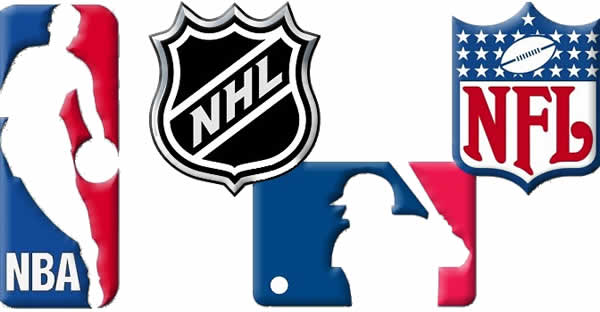Major League Baseball’s lawyer Bryan Seeley recently spoke to a committee of Missouri lawmakers. His message—legal sports betting could bring more fan engagement and sponsorship opportunities to the brand. For a league once claiming that sports gambling would bring irreparable harm, this sudden change of heart could have far-reaching legal implications pertaining to a certain US Supreme Court case.
Seeley’s statement is especially interesting given that it was in a legal forum. He spoke in a formal government hearing and lobbied in favor of specific provisions that benefit the league he represents directly. These statements are a counterpoint to what the MLB stood for just 4 years ago.
The NJ sports betting case began with the state attempting to circumvent PASPA, or the federal ban on sports gambling applicable to 46 states (including New Jersey). The major sports leagues claimed that allowing sports gambling would damage the integrity of the league and present monetary harm. There have been multiple instances of league officials discussing the benefits of legal sports betting, but it wasn’t until recently that these refined stances entered a formal arena. Many feel the leagues are highly hypocritical based on the fact that US friendly sports betting offered through licensed offshore sportsbooks has been taking place for years and has caused no compromises to the integrity of any of the league’s sports.
There is a concept presented in the US Constitution called mootness. This applies to federal courts and means that the court can nullify a case if both parties’ involvement in said case appears to be withdrawn. In this particular case, Seeley introduces the possibility of mootness with the MLB’s changed position. The MLB went from “legal sports betting will hurt us” to “sports betting could benefit us and we will support it.” These statements are like cracks in a foundation that will eventually give way.
What happens when a SCOTUS case is ruled moot? The entire case is dismissed. Any injunctions held on New Jersey offering legal sports gambling will be dismissed as well. Supreme Court Rule 21 allows parties to note any significant changes within the case, even after oral arguments have commenced. Oral arguments in the NJ betting case were heard in December, meaning there has been a sizeable window of time and opportunity for league representatives to speak their piece. New Jersey has yet to file a Rule 21 motion, but there are certainly grounds to do so. The Supreme Court Justices can raise the motion themselves if either party fails to do so and they feel they have adequate evidence.
If a Rule 21 motion is filed and successfully passed, the case will collapse. New Jersey would be allowed to host sports wagering. It is unclear what would happen with PASPA or the potential of US based online betting as it applies to sports gambling. SCOTUS has yet to determine a ruling for the case. Perhaps the reason why New Jersey hasn’t filed Rule 21 is that they think they have a good chance of winning the case, which they do. Whatever happens, US based sports betting looks to be on the brink of legalization. The sports leagues do not seem to care that they are putting themselves in this compromising position, hinting they are ready for legal sports wagering and are looking to establish their foothold in the new industry.

